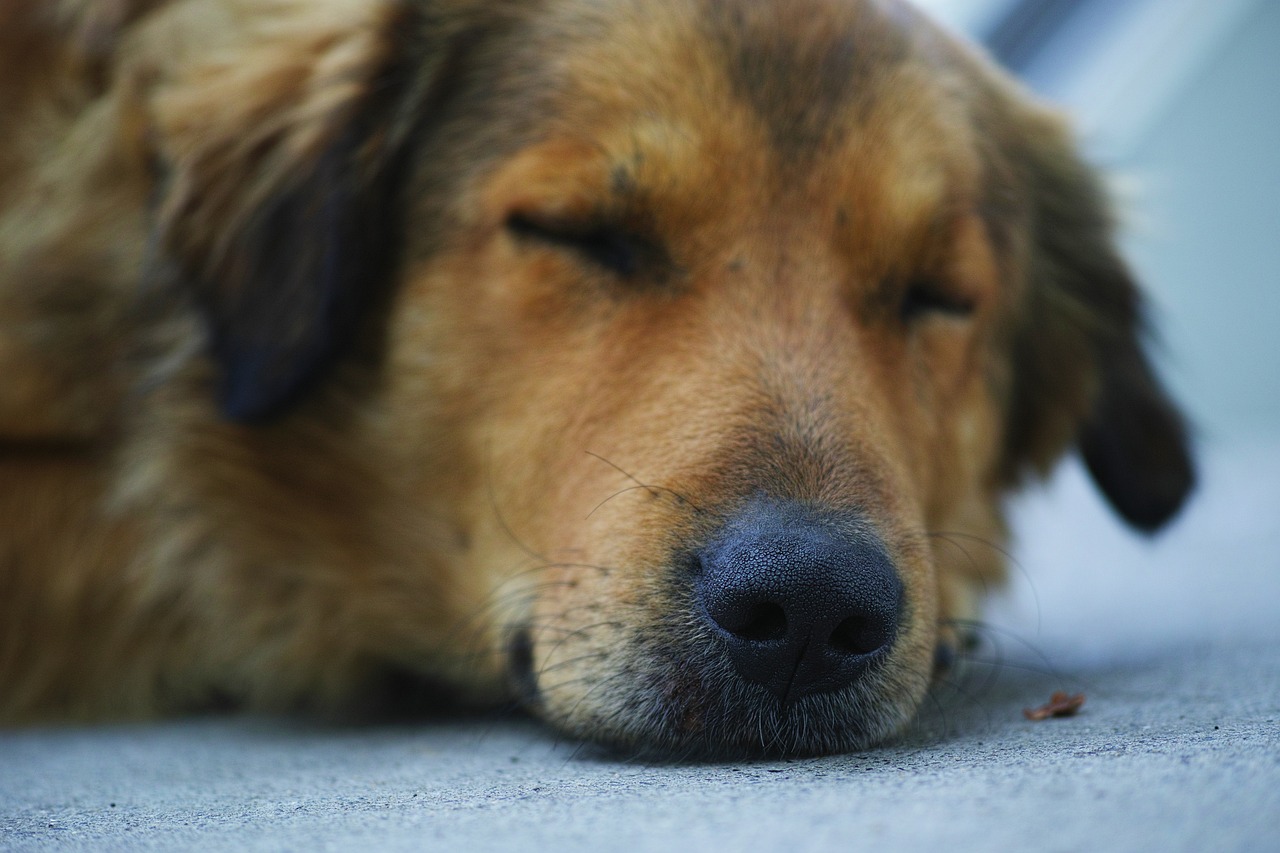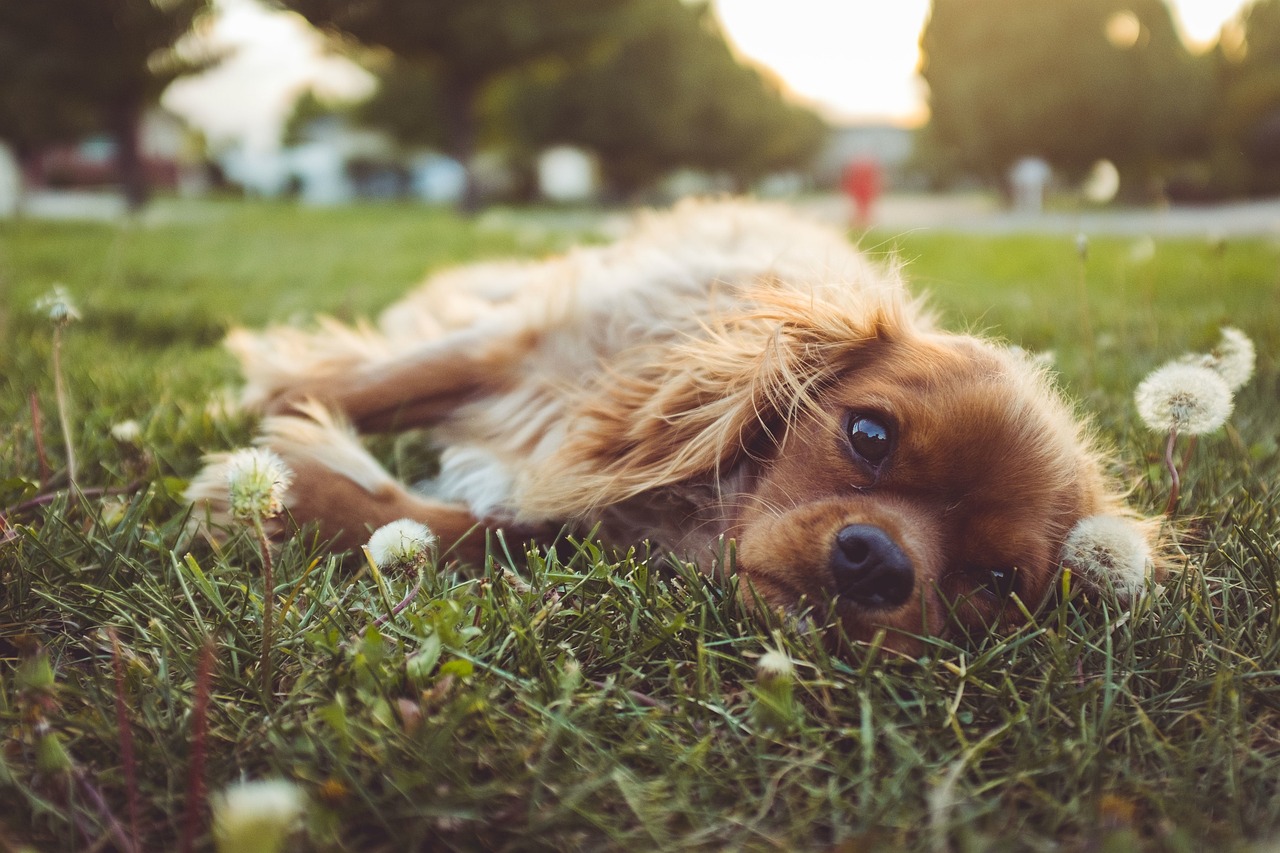Just as we worry about the medications we take, it’s natural for us to be concerned about the treatments we give our beloved dogs. One such common treatment is Bravecto. If the question “how long do bravecto side effects last in dogs?” has crossed your mind, you’re in the right place. Let’s dive deeper!
What Exactly is Bravecto?
Bravecto is an FDA-approved treatment for dogs that effectively combats fleas and ticks. Administered orally or topically, it acts fast and provides protection for up to 12 weeks. It’s the equivalent of a protective blanket, keeping pesky invaders at bay.
Common Side Effects of Bravecto
While Bravecto is generally safe, there are some common side effects to look out for:
- Upset Stomach: Dogs may experience discomfort, leading to diarrhea or vomiting.
- Loss of Appetite: A temporary aversion to food is common.
- Skin Reactions: The application site may show signs of irritation, such as redness or itching.
How Long Do Bravecto Side Effects Last in Dogs?
When dog owners administer Bravecto to their beloved pets, one primary concern that often arises is the duration of potential side effects. On average, most side effects of Bravecto, if they occur, are short-lived and can last anywhere from 24 hours to a few days. Common side effects like an upset stomach, loss of appetite, or skin reactions at the application site usually diminish within this time frame.
However, it’s essential to understand that every dog is unique, and the duration can vary based on factors such as the dog’s age, overall health, and previous medical history. While many dogs may show no side effects at all, others might experience symptoms that linger slightly longer. If any adverse reactions persist beyond a week or appear to be intensifying, it’s crucial to consult with a veterinarian immediately. Always keep a close eye on your pet after administering any medication to ensure their well-being and comfort.
What Factors Influence Side Effects’ Duration?
Much like how some people are lactose intolerant while others can down a glass of milk without an issue, the severity and duration of side effects can vary based on:
- Age of the Dog: Older dogs might experience prolonged side effects.
- Health History: Dogs with a history of allergies or sensitivities might react differently.
- Overall Health: A dog in prime health might recover faster than one with underlying issues.
Managing and Reducing Side Effects
If your canine companion is feeling under the weather after their dose of Bravecto, there are some things you can do:
- Hydration: A steady supply of water can aid recovery.
- Comfort: A cozy resting place can make all the difference.
- Monitor: Track any changes, and if something feels off, trust your instincts.
Real-life Experiences
Jenny, a Golden Retriever owner, shares: “After giving Bravecto to my 5-year-old retriever, he experienced mild diarrhea. It was concerning at first, but with a little care and observation, he was back to his jolly self in three days.”
Tom, a Beagle dad, states: “My little pup showed signs of lethargy after her Bravecto treatment. I ensured she stayed hydrated, and she was back chasing squirrels in no time!”
Conclusion
It’s evident that while Bravecto is a trusted ally in the fight against fleas and ticks, it’s not without its side effects. As responsible pet owners, it’s essential to stay informed, observe our pets, and take action when necessary. Your furry friend’s health and happiness are worth it!
FAQs about Bravecto Side Effects
Is Bravecto more suitable for adult dogs or puppies?
Generally, Bravecto is suitable for both. However, puppies should be over 6 months and weigh more than 4.4 lbs.
Are there any long-term side effects associated with Bravecto?
Most side effects are short-lived. However, if you notice any lingering issues, consult your vet.
Can I give my dog treats after administering Bravecto?
It’s best to wait a bit and ensure they don’t show any immediate side effects.
Is it normal for my dog to sleep more after taking Bravecto?
Some dogs might feel a bit lethargic post-treatment, but if it’s excessive, it’s good to see a vet.
Should I switch to another treatment if my dog shows side effects?
Not necessarily. Discuss your concerns with your veterinarian, and they can guide you best.
Always prioritize the well-being of your fur-buddy. With awareness and care, you can ensure they lead a happy and itch-free life!


